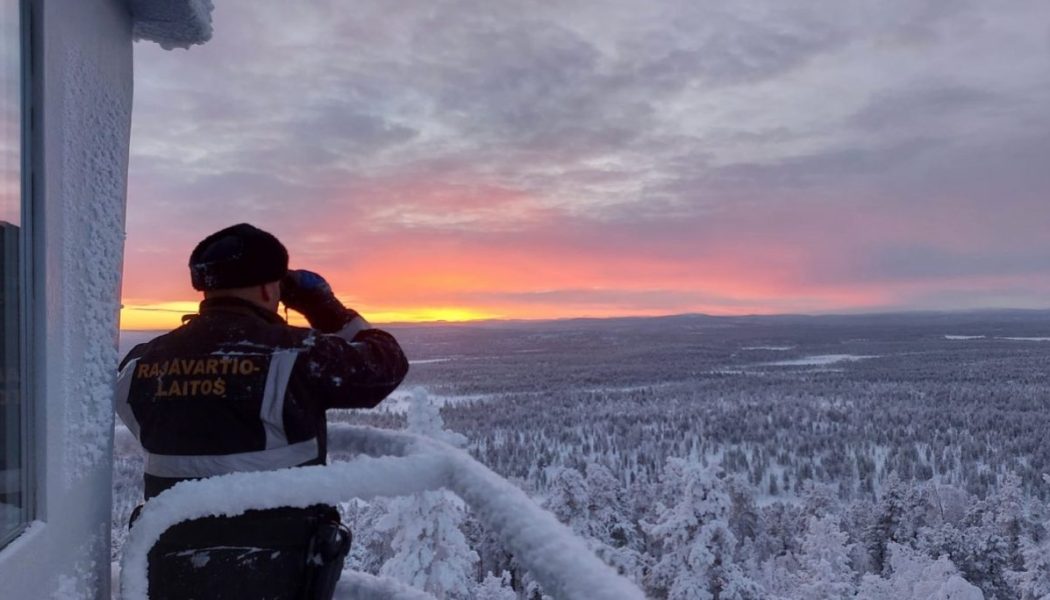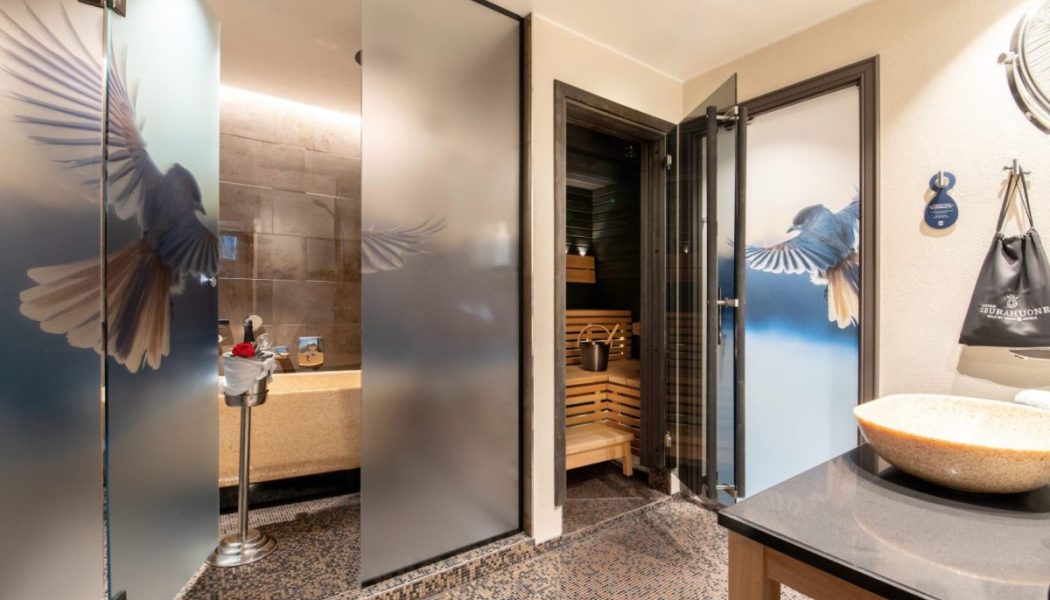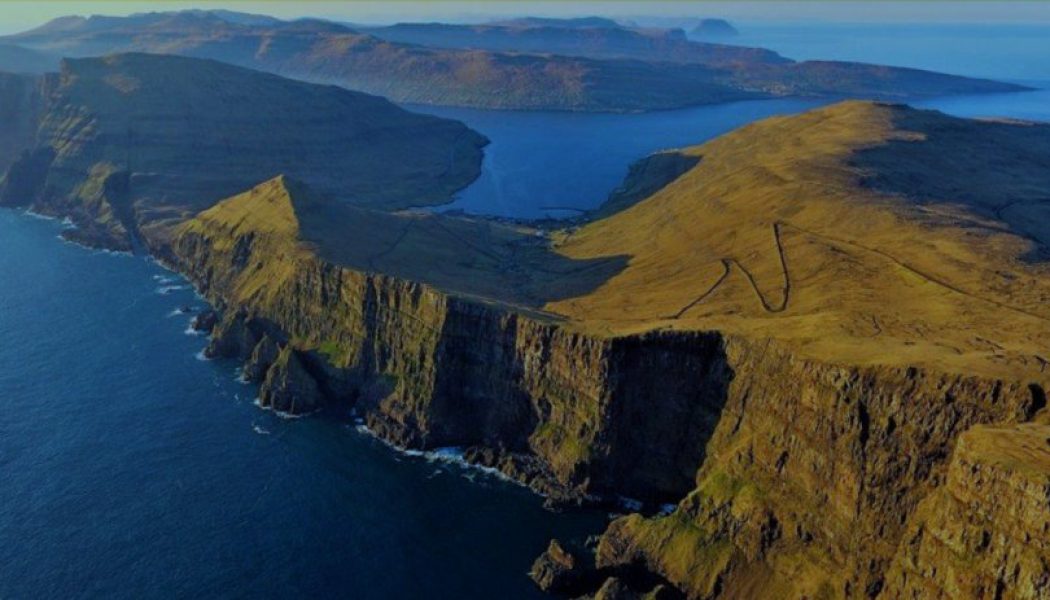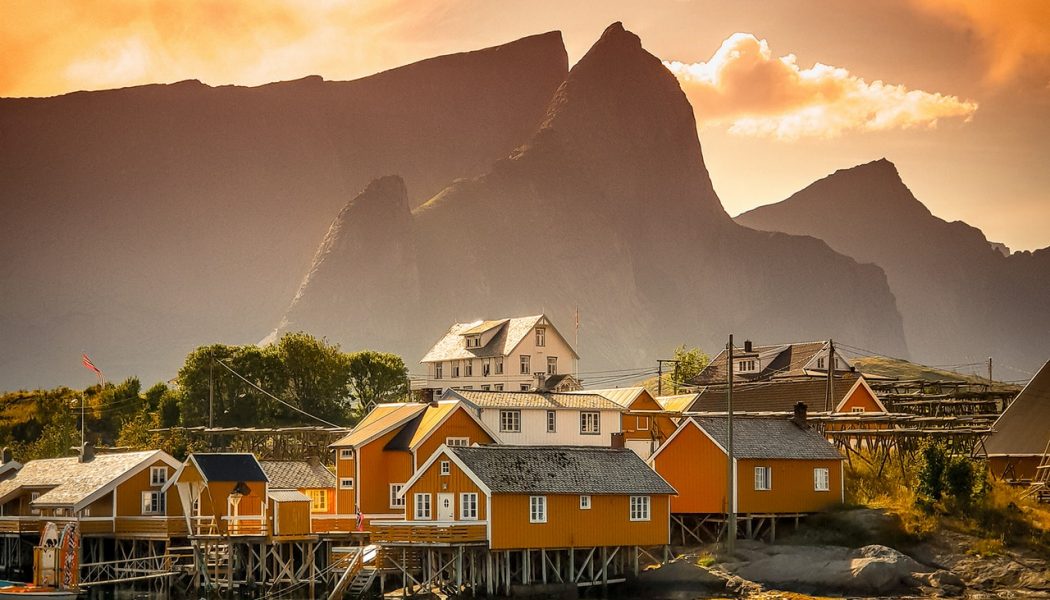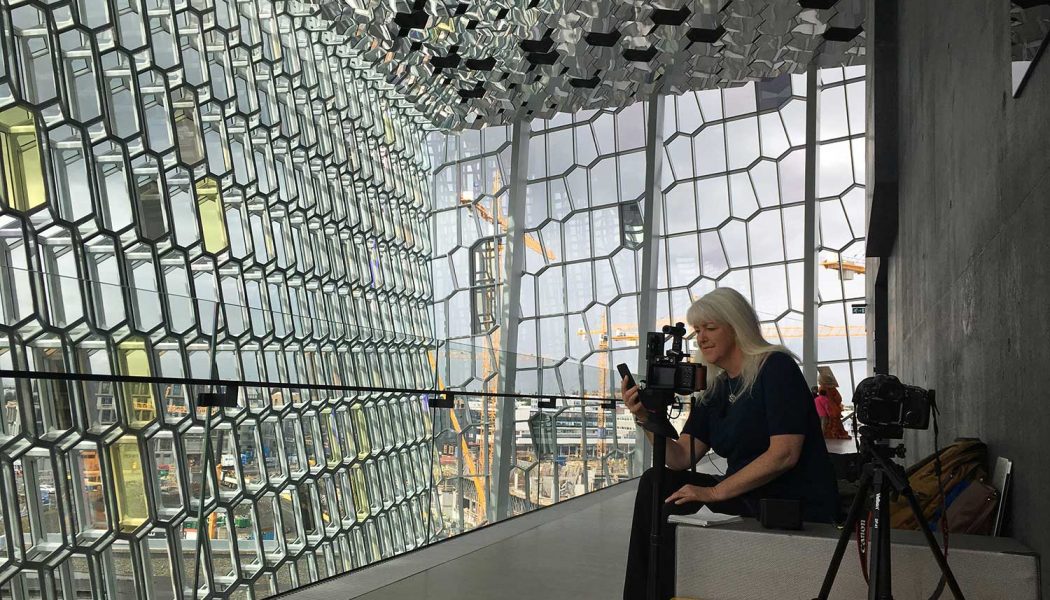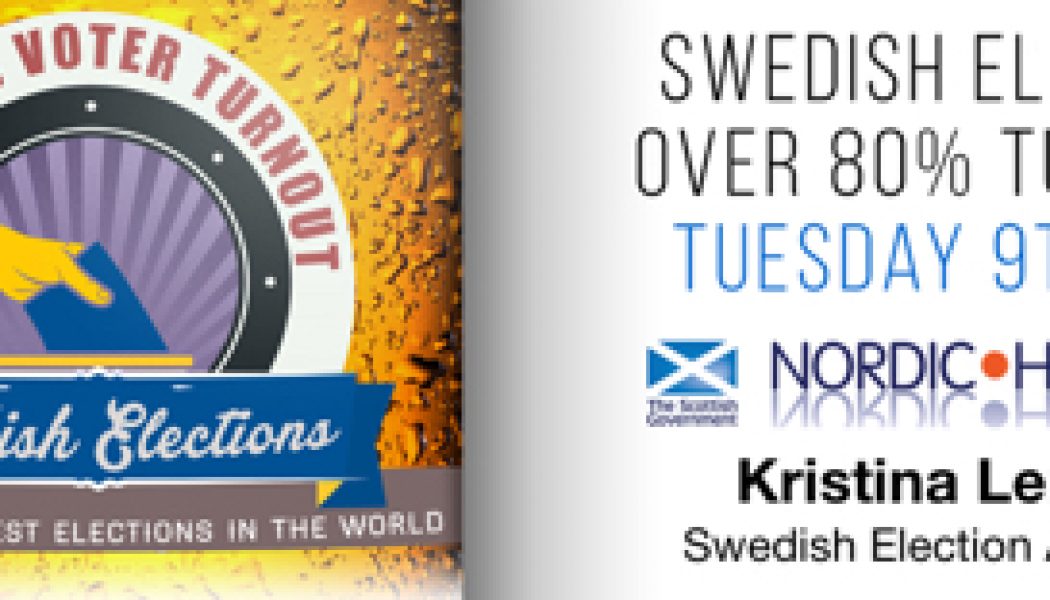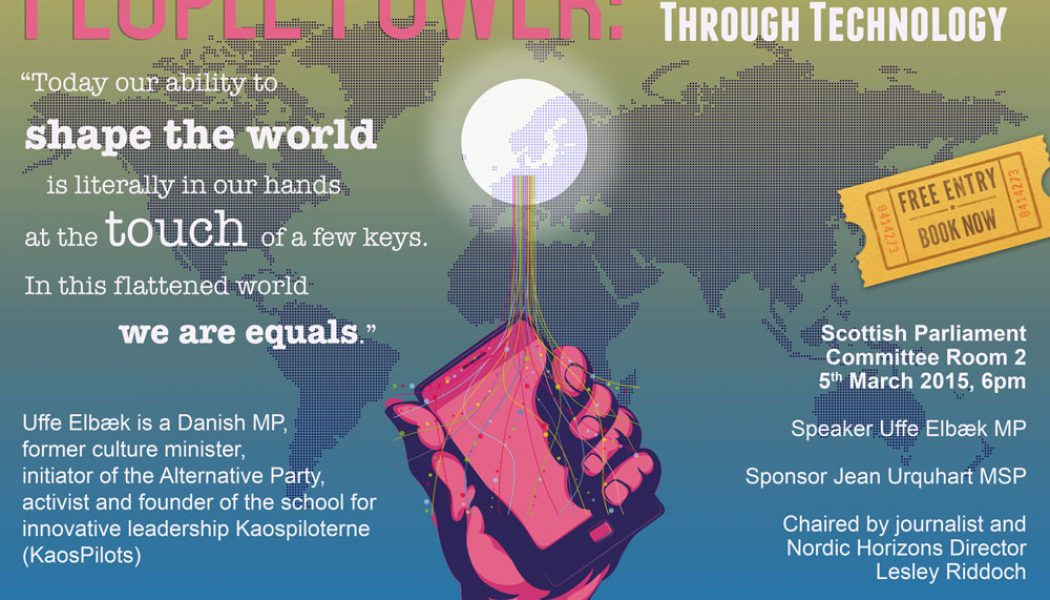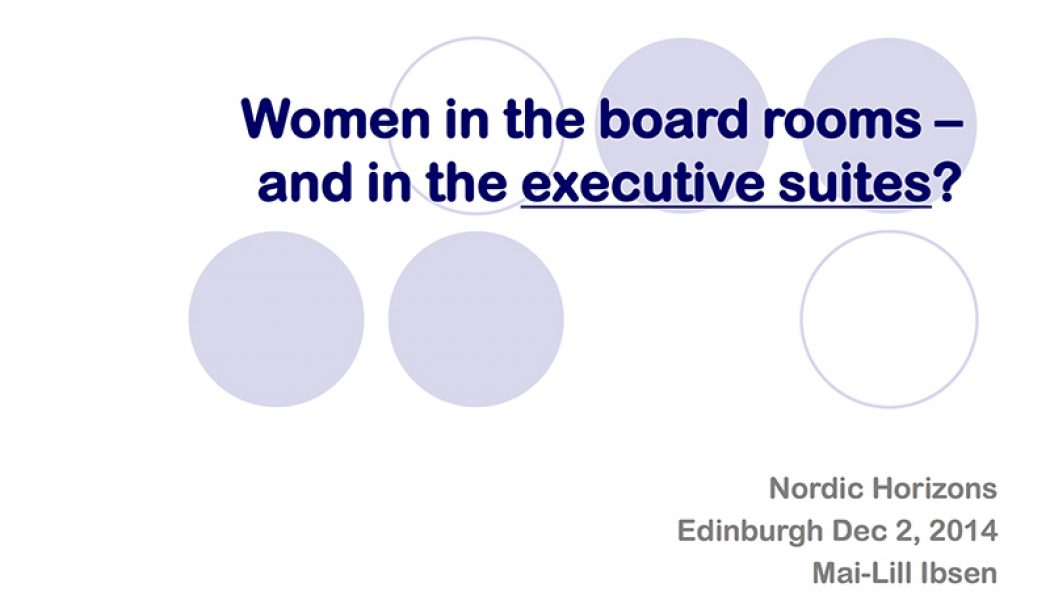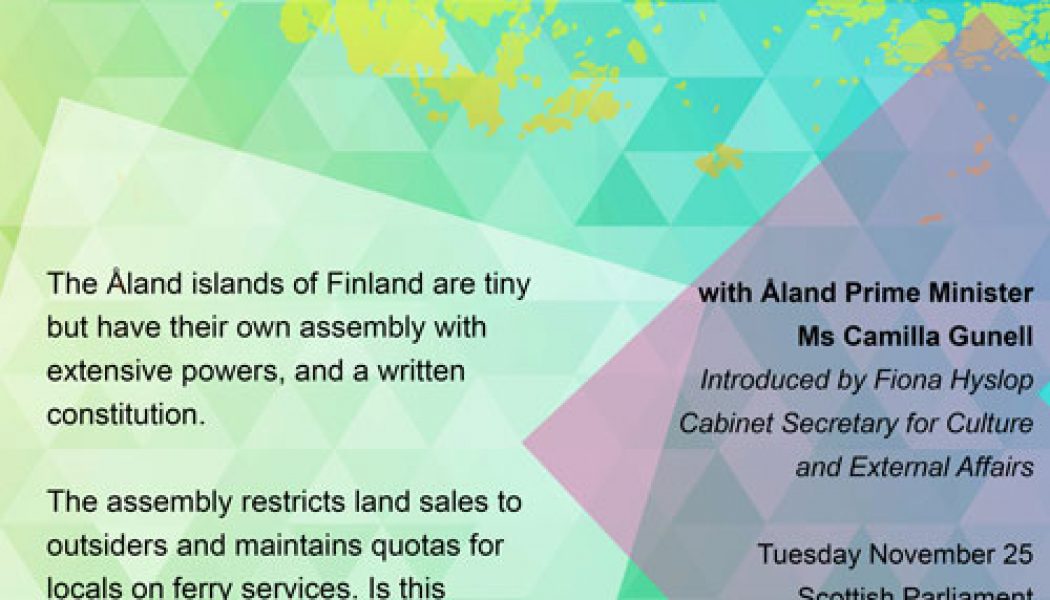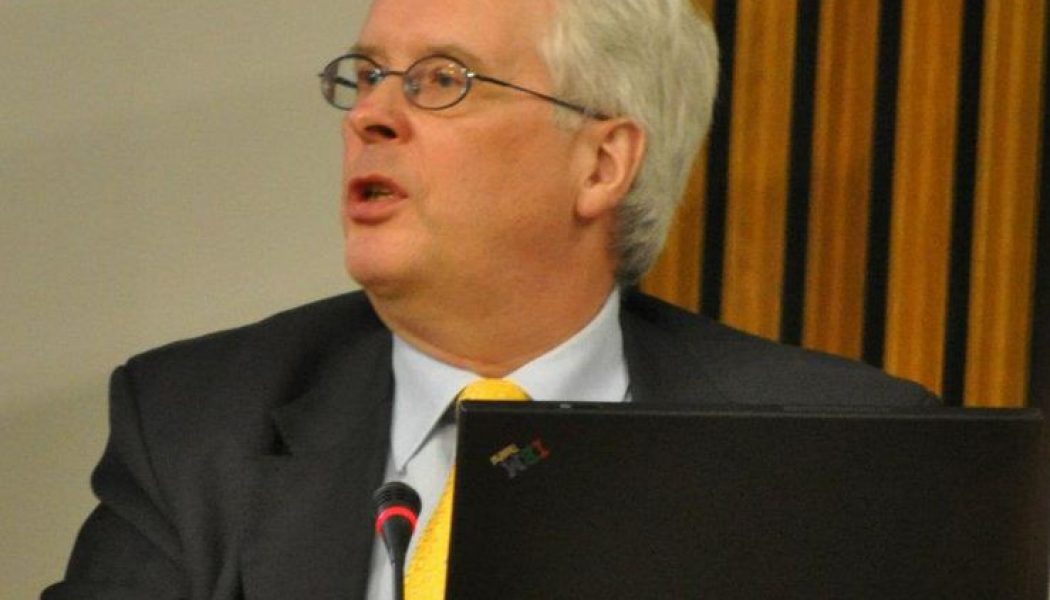Democracy
Podcast – Finland’s fight against Russian cyber attacks
Fake news and cyber attacks are helping undermine democracy, legitimise extremist views, push groundless conspiracy theories and provide cover for propaganda by rich individuals and states. But one country is fighting back. And winning. A study by the European Policies Initiative puts Finland top of 35 countries in ‘post-truth’ resilience. Denmark was second and Sweden fourth. The UK was 10th. What’s their secret? Jussi Toivanen is a former adviser to the Finnish PM on media literacy and was recently appointed Head of Communications at Finland’s National Cyber Security Centre. He’s the main speaker in this podcast, produced from an online NH meeting in October 2022. We also hear from Chris Silver – a researcher and PhD student on memory and the Scottish press – and Claire...Read More
NEW PODCAST Powerful pint-sized Nordic democracy
Scotland has the largest units of ‘local’ government in the developed world with just 32 councils for 5.3 million folk. Norway has almost 400 councils for roughly the same population. The Faroes – with fewer folk than Falkirk – has 29 local councils. What difference does that make to dynamism and democracy? Don’t small councils run the risk of nepotism, inefficiency and high costs? Listen as Lesley Riddoch chairs a discussion recorded just before Scotland’s local elections in May 2022 with with Norway’s State Secretary for Local Government Ole Gustav Narud, and Dennis Holm, the former Mayor of Vágur on the Faroes island of Suðuroy. More info The EU average council has a relatively meagre 10 thousand inhabitants. And Vágur, on the isolated southern...Read More
Why do Nordic countries have three times more trade union members than Scotland?
Nordic Workplace Democracy This event on 20th February 2019 marked a rare trip outside Edinburgh for Nordic Horizons. Hosted by the University of Glasgow and introduced by Professor Chris Chapman, Director of Policy Scotland, University of Glasgow, the session focused on Nordic workplace democracy and was well attended by trade union activists and officials as well as the usual mix of students, researchers and policy officers. So why do Nordic countries generally have three times more union members than Scotland? Obviously, a societal framework of mutual respect, equity, negotiation and compromise helps trade unions thrive, in contrast to the casualised UK where unions have never recovered from the Thatcher period, and find it hard to win collective bargaining rights over wages in Britain’...Read More
The Pots & Pans Revolution, Re-heated; Iceland’s Constitutional Comeback
The Pots & Pans Revolution, Re-heated; Iceland’s Constitutional Comeback Supported by the Scottish Government Speaker: Katrin Oddsdóttir – member of the Constitution Council of Iceland and political activist Respondent: Patrick Harvie – MSP, Glasgow, Green Chair: Lesley Riddoch, writer & broadcaster Tuesday 7 November 2017 – 1800-20.00 Scottish Storytelling Centre Edinburgh Iceland’s Crowd Sourced Constitution was kicked into touch by politicians in 2011 — but it’s making a comeback. Katrin Oddsdóttir was one of 25 members of the Constitution Council of Iceland, which drafted the new constitution in a process recognised worldwide for its emphasis on democratic methods and social media tools. The draft constitution contains clauses on environmenta...Read More
Swedish Elections – Kristina Lemon
Swedish Elections – Kristina Lemon – Digital Notes Tuesday June 9th 2015, 6pm Speaker: Kristina Lemon from the Swedish Elections Authority Chair: Lesley Riddoch, broadcaster & writer Host : Alex Rowley MSP Scottish Parliament, Edinburgh The recent UK General Election had a ‘high’ turnout of 66%. The last General Election in Sweden produced no single party with a working majority – Swedes have used PR since 1909 and coalition government is normal. So is last year’s turnout of 85.8% – higher even than Scotland’s record breaking referendum. The turnout for the last council elections was 38% in Scotland but 82% in Sweden. How do the Swedes do it? Elections are on a Sunday. All elections (for municipal and county councils and general elections) take place on th...Read More
People Power : Towards Equality Through Technology
People Power : Towards Equality Through Technology For those of you fortunate enough to be at the “People Power – Towards Equality Through Technology”; you were able to hear the inspiring Uffe Elbaek in person. On this page we have included the audio recordings and a short video interview. His presentation in person was stunning as he recounted his journey from activist to starting a new political platform in Denmark. As a gifted public speaker, he held the Nordic Horizons audience wrapt. Men sitting in an office, a coffee pot and a young woman with the ambition to invade the Soviet Union (but with no plan) are the unlikely starting points for this inspiring story. Uffe explains his personal journey to becoming an MP and what happened next. He also talks about the future...Read More
Women’s Quotas and The Norwegian Experience – meeting notes
Women’s Quotas and The Norwegian Experience – meeting notes Women’s Quotas – The Norwegian experience NORDIC HORIZONS with Mai-Lill Ibsen and Arne Selvik Lecture Theatre Moray House, EH8 8AQ 6pm 2nd December 2014 In 2002 the Norwegian conservative Trade Minister announced a ‘Quota Law’ requiring publically listed companies to appoint 40% of the under-represented gender to their boards or face being closed down. Despite criticism the law came into force in 2006. Around 500 PLC’s were affected and during a two year transition period a hundred opted to delist from the Oslo Stock Exchange – some to avoid the quotas. Since then numbers of women on PLC boards has risen from 10% to 40%. Research suggests board selection is now more professional and international, and female boar...Read More
November meeting – ‘Small is Powerful’.
Small is Powerful – Event Notes Small is Powerful Åland Prime Minister, Ms Camilla Gunnell Sponsored by Mike Mackenzie MSP Scottish Parliament 6pm November 25th 2014 How does home rule in the tiny Åland Islands work? Almost seven thousand islands (most uninhabited) lie midway between Sweden and Finland in the Baltic Sea. Most of the 28 thousand Ålanders speak Swedish, but their territory is part of Finland. In fact, Åland is the only Finnish province with significant legislative powers granted through the Autonomy Act of 1921. The island group has its own regional assembly and executive with powers over education, health, culture, industry and policing (though not taxation) and elects a single representative to the Parliament in Helsinki. No Finnish parties compete on the islands and...Read More
The Writing of the new Icelandic Constitution
The Writing of the new Icelandic Constitution This was a great meeting on March 29th 2012 in Parliament with Professor Thorvaldur Gylfason who won the highest number of votes in elections for the Commission to write Iceland’s “crowd sourced” constitution. The ICC had no elected politicians – now the Icelandic Parliament are chewing over the radical changes a referendum to approve the constitution will take place on the same day in June as Presidential elections ( boosting turnout) or later in the autumn. Thor said many memorable things during the event – not least that he thinks anyone wanting an independent Scotland should consider handing the task of creating a new Constitution for Scotland to the people and should start the process now. Presentation You can liste...Read More
Public Policy Network Citizens Participation Group – Notes from a meeting
We are grateful to to the Public Policy Network Citizens Participation Group for a copy of the notes from a meeting with Professor Thorvaldur Gylfason. You can download the document – ‘Iceland’s Pots and Pans Revolution – Some Background’ here.

